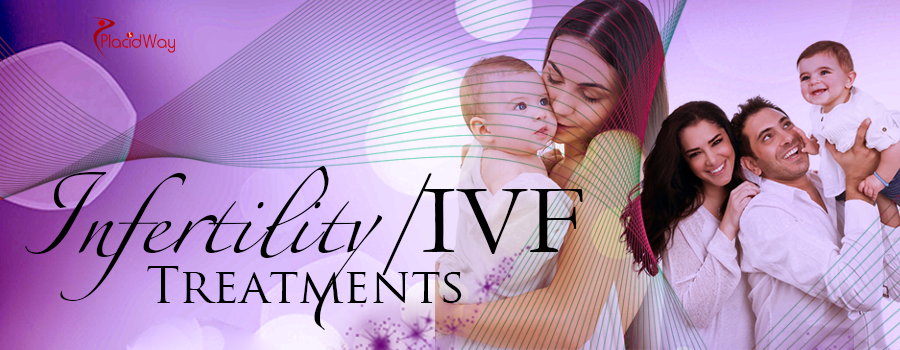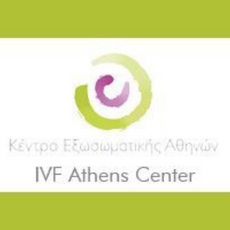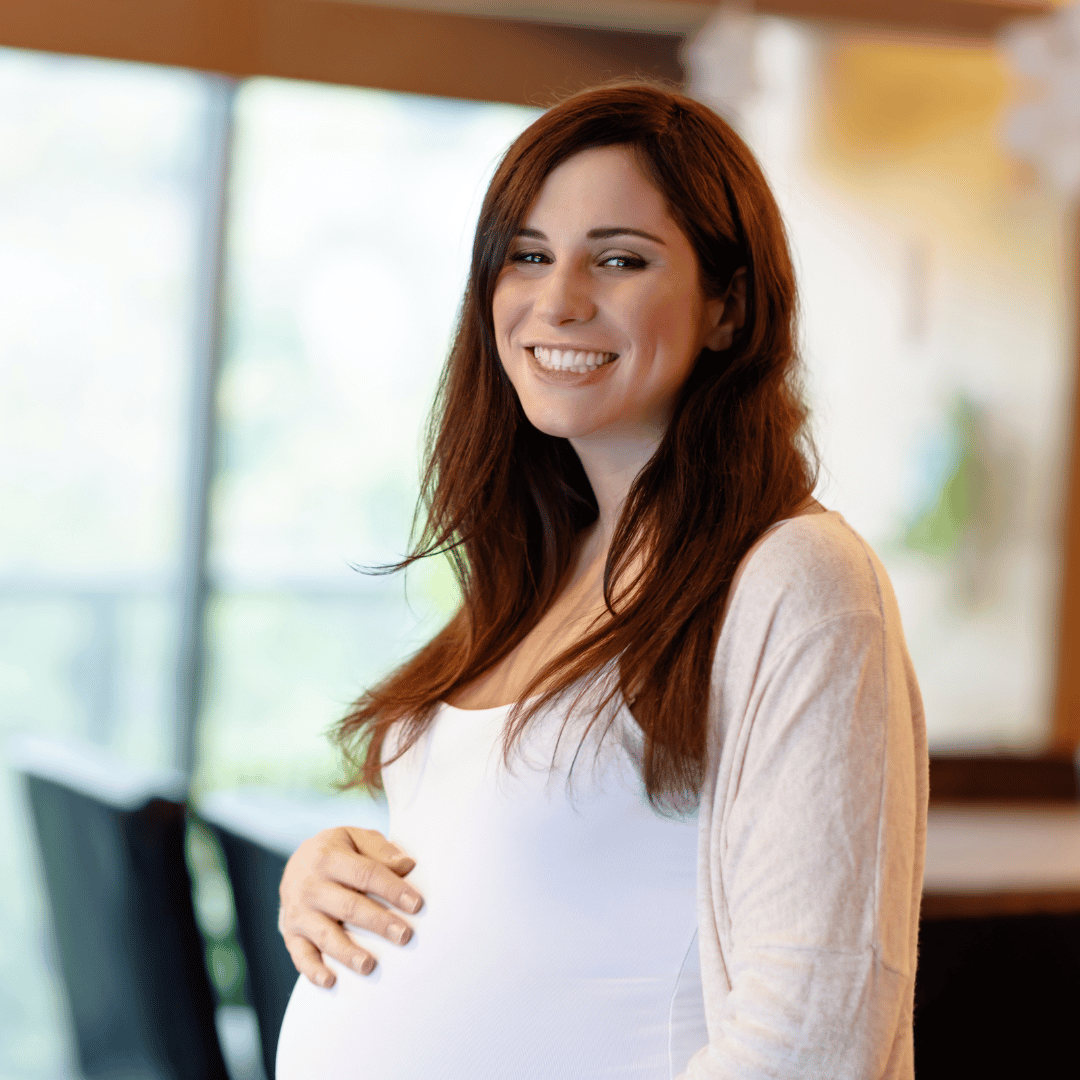Infertility/IVF


IVF Treatment Abroad
Fertility Treatment Overview
 failure to become pregnant is cause for concern for thousands of couples. Undergoing physical exams and fertility workups by a health care provider may eventually lead to fertility treatments. In some cases, uterine malformations, as well as conditions like endometriosis, adhesions, and fibroids may make it difficult for couples to conceive. Lack of ability to conceive is not just a feminine problem, but may affect males as well. A large number of fertility procedures are available to treat a wide variety of causes and issues that result in lack of conception.
failure to become pregnant is cause for concern for thousands of couples. Undergoing physical exams and fertility workups by a health care provider may eventually lead to fertility treatments. In some cases, uterine malformations, as well as conditions like endometriosis, adhesions, and fibroids may make it difficult for couples to conceive. Lack of ability to conceive is not just a feminine problem, but may affect males as well. A large number of fertility procedures are available to treat a wide variety of causes and issues that result in lack of conception.
Examples of the best Fertility Treatment Options
Initial treatments to address issues of fertility are often approached with noninvasive procedures. Clomid treatments are usually the first fertility treatment drugs used, designed to help stimulate and induce ovulation. The prescription medication called clomiphene citrate is typically given in pill form and is the best initial treatment for women whose infertility is caused by ovulation problems. Clomiphene titrate is successful in about 80% of women who experienced ovulation difficulties, although it may be less effective in older or heavy women.
Intrauterine adhesions, or scar tissue inside the uterus, may cause menstrual difficulties and cause varying degrees of fertility problems for many women. In many cases, removing the adhesions helps to increase chances of becoming pregnant. Women who suffer from fertility issues during the ovulation process or those that result in follicle development and ovulation are often good candidates for Ovulation Induction (OI). In this treatment, follicle-stimulating hormones are prescribed that help to stimulate follicle development and eggs within the ovary.
Intrauterine insemination (IUI) is typically tried during the next stage of female fertility treatment evaluation. This process is more commonly known as Artificial Insemination. Couples dealing with male factor infertility as well as women with fallopian tube damage or poor egg quality or quantity may use this method. In this fertility treatment, medication is given to a woman to stimulate multiple egg development. The timing of the insemination process will coincide with a woman's ovulation cycle. Insemination, or insertion of sperm from the male partner, into the uterus usually increases chances of fertilization.
When initial fertility treatments to induce pregnancy are not successful, more involved processes may be initiated. In vitro fertilization is a method performed by fertility specialists that assists reproduction through the combination of a woman's egg and a man's sperm in a laboratory dish. After fertilization has occurred, the embryo is transferred to the woman's uterus for implantation and development of a normal pregnancy process.
In vitro fertilization is not for everyone. Women who have no fallopian tubes or tubes that are severely blocked or damaged may benefit from this method. IVF is also used with women who have suffered from endometriosis or adhesions that make conception difficult. In addition, women whose male partners have a low sperm count may also benefit from in vitro fertilization.
Eggs are removed from a woman's ovary and mixed with male sperm in a laboratory. Shortly afterward, eggs will be examined to determine fertilization by male sperm and have begun cell division. If so, the fertilized eggs are placed inside the woman's uterus, where the woman will carry the embryo for the term of the pregnancy.
Intracytoplasmic sperm injection (ICSI) is still considered a relatively new fertility treatment that has been used since the early 1990s. It is commonly used when infertility is due to male factors such as low sperm count or poor sperm quality. The process involves the injection of a sperm directly into a mature egg. This fertility treatment is commonly recommended for men who have obstructions of the male reproductive tract or very low numbers of sperm. In addition, it is recommended for those who have tried in vitro fertilization without success, and those who experience sperm that are unable to penetrate the egg.
Benefits of Fertility Treatments
Studies have shown that fertility problems affect more than 6 million couples a year in the United States alone. The development of new techniques and methods to help couples become pregnant has generated thousands of successful treatments and pregnancies for formally childless couples. Women suffering from ovulation difficulties, damage to uterine organs and other problems that prevent pregnancy benefit from fertilization treatments. Men suffering from infertility caused by low sperm counts or damage to reproductive organs also benefit from treatments.
Finding Fertility Doctors and Specialists
Obstetricians and gynecologists are trained to implement the initial treatments of infertility using Clomid. Such a physician or fertility specialist should be board certified in reproductive endocrinology and infertility. Couples should find specialists who are a member of endocrinologist organizations or technologies. As such, they have completed medical school programs, followed by four years of residency training in obstetrics and gynecology, and then, two to three years of training in fertility within an approved program that results in board certification.
Cost of Fertility Treatments
Some fertility treatment methods require cycles or multiple attempts throughout the process. For example, intrauterine insemination in the United States may cost between $300- $800 per attempt. Multiple attempts may be necessary for success. The most successful fertilization process in the United States, in vitro fertilization, is also one of the most expensive, and may cost between $8,000-$10,000 per attempt, in addition to medication, which may cost over $2,000.
Get in touch with us and find out more about your options!
By: PlacidWay,








